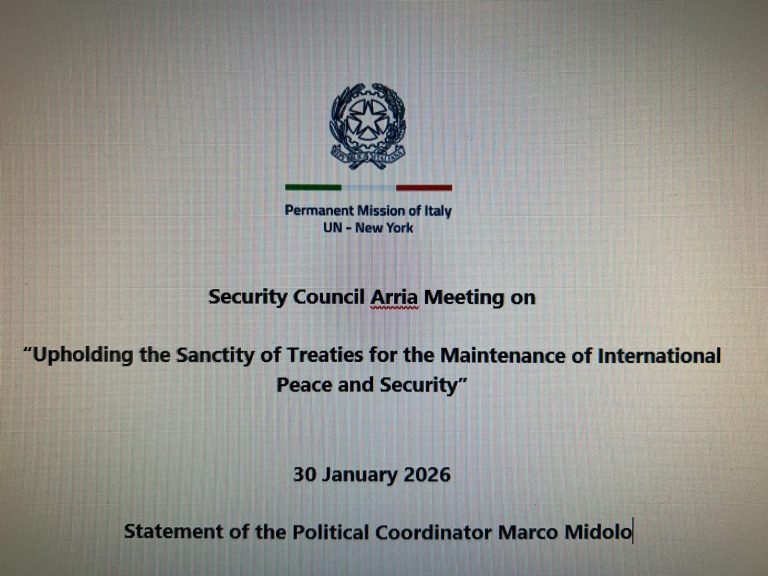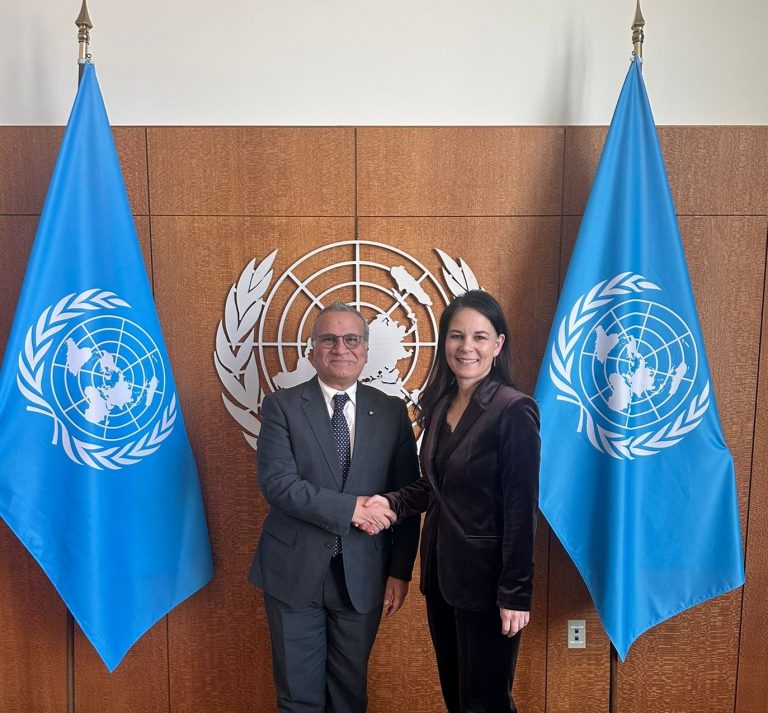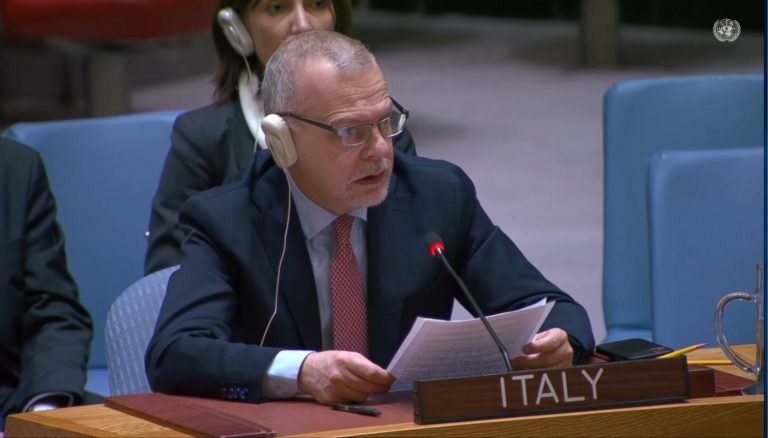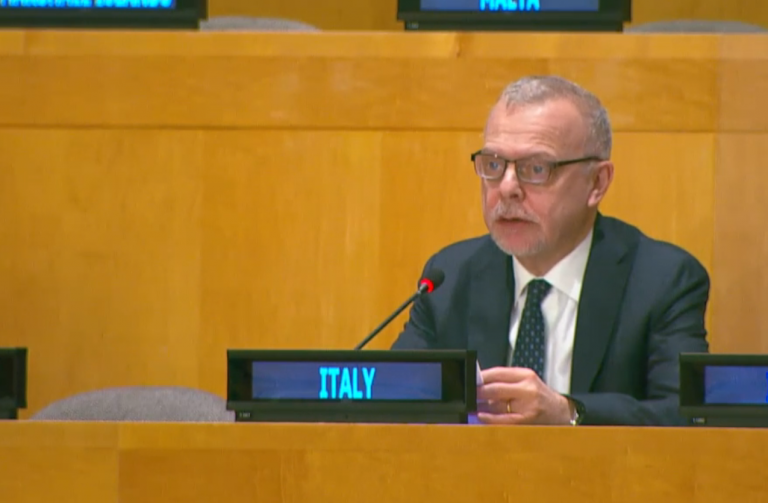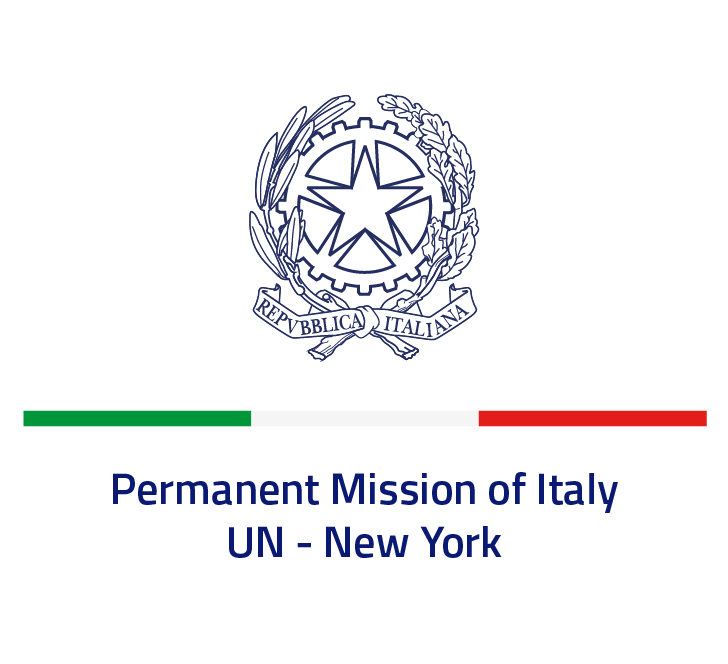A three-dimensional crisis: the war in Ukraine, in all its dimensions, is producing alarming cascading effects on a world economy already affected by COVID-19 and climate change, with particularly dramatic impacts on developing countries.
Recent UNCTAD projections estimate that the world economy will have a full percentage point of GDP growth lower than expected due to the war, which is severely disrupting already tense food, energy and financial markets.
Ukraine and the Russian Federation supply about 30% of the world’s wheat and barley, a fifth of the corn and more than half of the sunflower oil. At the same time, the Russian Federation is the world’s largest exporter of natural gas and the second largest exporter of oil. Together, neighboring Belarus and the Russian Federation also export about a fifth of the world’s fertilizers.
As a result, commodity prices are reaching record levels across all sectors:
Food prices are 34% higher than this time last year. (FAO Food Price Index) Oil prices have increased by around 60%. Gas and fertilizer prices have more than doubled.
Vulnerable populations in developing countries are particularly exposed to these price swings, as they dedicate the majority of their income to food and energy. At current price levels, FAO’s worst-case estimates of increased malnutrition and food insecurity are highly probable.
In an environment already characterized by high levels of socioeconomic stress due to the effects of COVID-19, rising food prices threaten ripple effects of social unrest. An UNCTAD analysis of historical data reveals that, in general, civil unrest and price increases in agri-food commodities are highly correlated.
Additionally, global inflation rose to a high of 5.2% last year, forcing many central banks to signal interest rate hikes earlier than expected, leading to higher debt-servicing costs for the developing world. According to the Financing for Sustainable Development Report 2022, “60% of least developed countries and other low-income countries are already at high risk or in debt distress.”
Overall, global exposure levels are alarming due to this triple vulnerability crisis, which threatens to negatively affect the lives of billions of people around the world.
To read the complete report from the “Global Crisis Response Group” we invite you to click here and visit the dedicated web page under this link.







